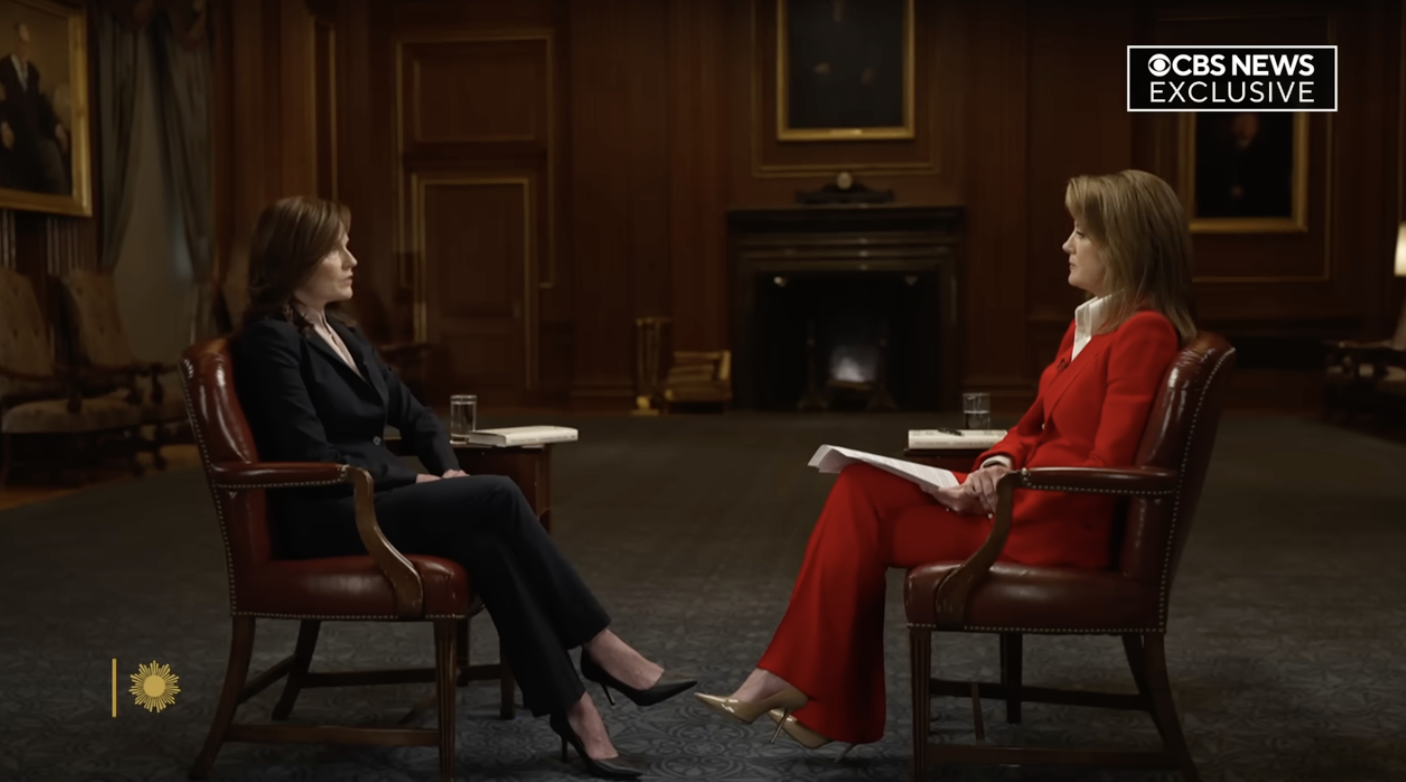CBS anchor Norah O'Donnell's recent interview with Supreme Court Justice Amy Coney Barrett has sparked debate over media bias and the framing of judicial issues. The hour-long discussion, aired on September 7, 2025, was intended to promote Barrett's new book, which reflects on her experiences on the Supreme Court and her views on the law. However, critics argue that O'Donnell's questioning was more focused on discrediting the Court than on Barrett's insights.
Explainer As A Former DC Cop, The Federal Takeover Was The Right Move
During the interview, O'Donnell posed questions that some viewed as politically charged, suggesting that the Supreme Court has become a tool for advancing a conservative agenda under President Trump. She asked Barrett if she was concerned about the perception that the Court is no longer an independent branch of government, framing the inquiry as a critique of the Court's legitimacy.
Barrett responded to O'Donnell's questions by emphasizing the Court's role in making legal judgments based on the merits of each case. "We have to answer these interim questions when they come," Barrett stated. "All of these judgments... reflect our view, tentative though it is at the time, that the president is likely to succeed on the merits."
The interview also touched on the Court's use of emergency orders, with O'Donnell questioning whether these decisions risk undermining public trust. Critics of the interview have pointed out that O'Donnell's framing suggested a political bias in the Court's rulings, particularly those favoring Trump.
Barrett countered O'Donnell's insinuations by asserting that the Court's decisions are not driven by partisanship. "I think the biggest misconception about the Supreme Court... is that the court is just a partisan institution," she said. This statement reflects Barrett's view that the Court operates independently of political pressures, despite the appointment process involving the President and Senate.
Supporters of Barrett argue that her responses highlight the importance of judicial independence and the necessity of making decisions based on legal principles rather than political considerations. They contend that O'Donnell's approach detracted from a substantive discussion about the law and the judiciary's role in American democracy.
In contrast, critics of the interview, including some media analysts, have characterized O'Donnell's questioning as an example of how mainstream media can distort narratives to align with specific political viewpoints. They argue that such tactics undermine public trust in journalism and the judicial system.
The interview has drawn attention not only for its content but also for the broader implications regarding media coverage of judicial matters. Observers note that the framing of judicial discussions can significantly influence public perception of the Court's integrity and its decisions.
As the media landscape continues to evolve, the interaction between journalists and public officials remains a critical area of scrutiny. The exchange between O'Donnell and Barrett serves as a reminder of the challenges in maintaining objectivity in reporting, particularly on contentious issues like the Supreme Court.
The full interview is available for viewing on CBS's platforms, providing an opportunity for viewers to assess the exchange and draw their own conclusions about the dynamics of media coverage and judicial accountability.
Why it matters
- The interview highlights concerns over media bias in reporting on judicial matters, particularly regarding the Supreme Court's perceived partisanship.
- Critics argue that O'Donnell's questioning undermines the legitimacy of the Court, raising questions about the independence of judicial institutions.
- Barrett's defense of the Court's impartiality emphasizes the importance of judicial independence amidst political scrutiny.
What’s next
- Viewers can watch the full interview on CBS's platforms to form their own opinions on the media's role in judicial discussions.
- Media analysts may conduct further evaluations of the interview's impact on public trust in journalism and the judiciary.

